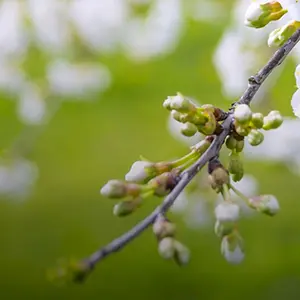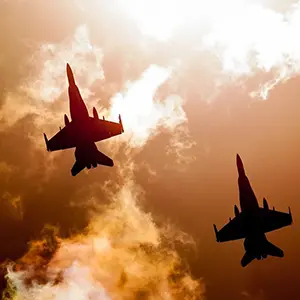It is said we are made of stardust. Perhaps that’s where accomplished meditators return. The rest of us may more easily return to what we’re made of by contemplating the first lifeform that emerged: the Archetype, which literally means “the first form.” It turned out that the first form was a seed.
Most things in the world we are allowed to question, especially the “we” of liberal democratic societies. But if we pause to consider, the military institution is something we are not allowed to question.
To the nonacademic ear, the word “discourse” may sound like jargon. Yet its meaning is crucial for society because of the snug connection between authoritative discourse and power relations. Discourse plays a crucial role in entrenching and reproducing power relations by shaping collective consciousness and by steering human behavior in consequential ways.
Everything the human is, the human has received from nature beginning with the biological ingredients forming our bodies.
The human food system is the main physical driver of life’s devastation. For starters, this is because of food production’s scope. Agriculture occupies 40 percent of the planet’s ice-free land, and continues to gobble up territory; it consumes some 80 percent of the freshwater people take; and it contributes heftily to greenhouse emissions. Yet this is the tip of the iceberg.




